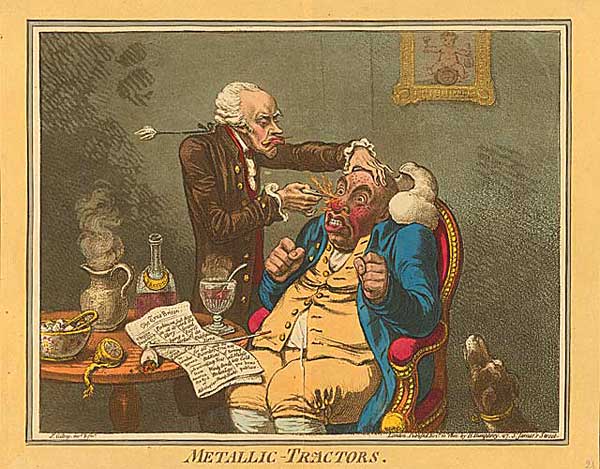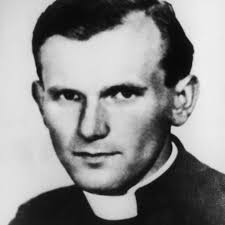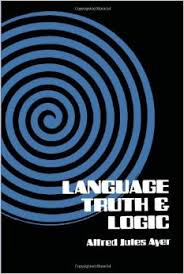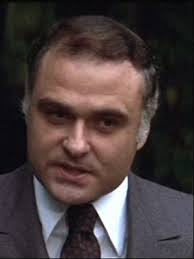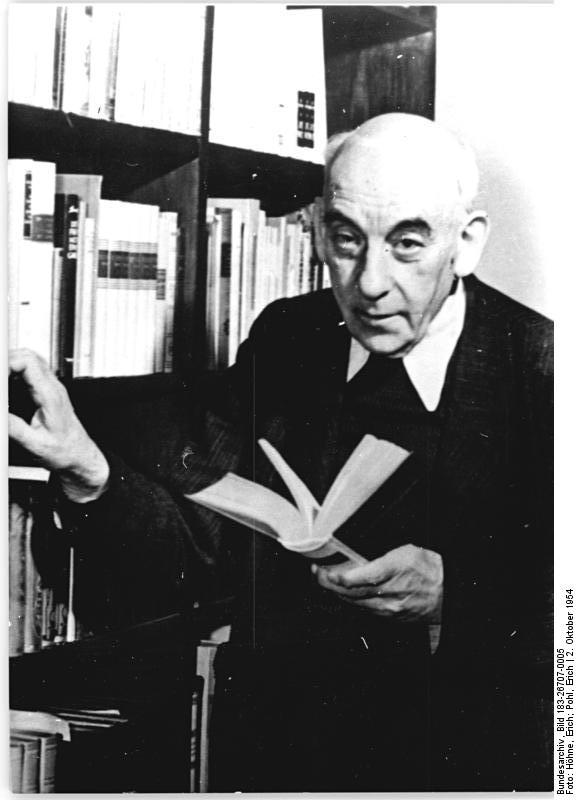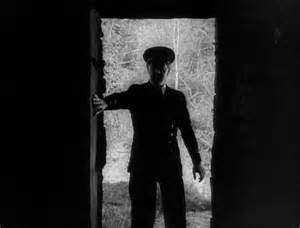The Varnished Culture's Thumbnail Reviews
Regularly added bite-sized reviews about Literature, Art, Music & Film.
Voltaire said the secret of being boring is to say everything.
We do not wish to say everything or see everything; life, though long is too short for that.
We hope you take these little syntheses in the spirit of shared enthusiasm.
Lord Berners

(by Mark Amory)
It’s not possible to know what made Gerald Tyrwhitt-Wilson, 14th Baron Berners tick, but everyone seemed to like him and his eccentric acts were mostly harmless; dyeing animals, driving around in grotesque masks, hiding under a bearskin rug to ‘fool’ tedious guests. A soft spoken flower with a small but keen talent justifies this very readable and accomplished bio. And remember, ‘Red roses blow but thrice a year, in June, July and May. But those who have red noses can blow them every day.’
Continue Reading →
The Leopard
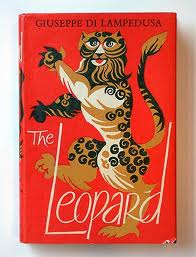
(by G. T. di Lampedusa)
The times, they are a-changing. But the Prince of Lampedusa, understands that “everything needs to change, so everything can stay the same.”
Fragments aside, this is the only book the author, himself a Sicilian Prince, had in him and it is a jewel. Clear, unhurried, conventional in structure, it shows all the hallowed power of the novel in evoking time, place and mild regret for things that pass.

Its nostalgic pessimism skewers Italian politics and history, without being political or historical, which turned-off publishers in the author’s lifetime, and seemed to enrage the partisan literati at the time of its posthumous publication. [See also the magnificent film version by Visconti.]
Continue Reading →The Last Confession
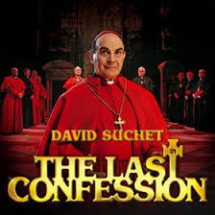
Karol Józef Wojtyła was born on May 18 (1920) and we take the opportunity to remember The Last Confession, a papal election drama that suggests mere mortals can somehow connive their way to the right result…
(by Roger Crane) (Australia, 2014)
The Pope is dead. Long live the Pope. And his election shall be the wish of God, even if the processes seem all-too awful and human.
This is a fascinating account of the serpentine path to that puff of white smoke which signals the supposed will of God. These Cardinals are wily, sly, two-faced and yet somehow, they seem to genuinely believe in and fear their God, for the most part.
David Suchet overdoes the grin as wily Cardinal Bennelli, who in the end, forsakes faith for principle, but he is still very effective in what is a star turn.
This is a literate, amusing and overly expository work, a whodunit (or not) that entertains through dizzying scene changes and star power. The finale is a kicker as well. Just when you are wondering who that crazy eastern European Cardinal is…..
Continue Reading →Klute
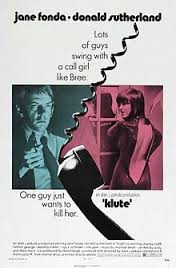
(dir. Alan J Pakula) (1971)
Bree Daniels (Jane Fonda) aspires to act. John Klute (Donald Sutherland) is a hick who comes to N.Y. to find his missing friend, who may have availed himself of Bree’s services. Together, they make a strange town-and-country team, each taming the other.
This very nifty thriller has a fine look and feel to it. The ‘hooker with a heart of gold’ is a (venerable) Hollywood cliché but Jane Fonda’s performance gives you a real person. Amongst the rest of a fine cast, Charles Cioffi as the sinister boss is a standout.
Continue Reading →I Shall Bear Witness
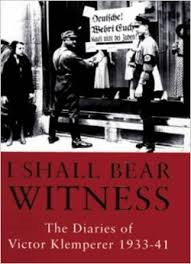
(by Victor Klemperer)
Despite some confusing Anne Frank with a Nazi (see: Rijksmuseum moments), her diary is mandatory reading and so should be this diary of German Jewish academic, Victor Klemperer. He lived in Germany throughout the Nazi reign and this volume, covering 1933 to 1941, reveals the incremental march to holocaust. Each little step led to the next and so on, quickening in pace: May ’33: Klemperer can still lecture in Romance languages and literature at Dresden but he complies with a ‘request’ to no longer conduct exams; by May ’35, he is dismissed from his post; by October 1937 he no longer feels German. By the time of the Führer’s birthday in April 1939, he expects war and fears being beaten to death.
His recourse: to bury himself in literature as much as he can and, when that will not suffice, ‘to bear witness to the bitter end’.
This diary of a great and modest scholar marginalized by evil clowns is breathtakingly well written and the courage shown in its pages (both on the part of the diarist and his loyal, Aryan wife Eva) makes the reader almost ashamed. The 2nd volume, “To the Bitter End” covers 1942 to 1945 and the last, “The Lesser Evil” notes up post-war East Germany from 1945 to 1959. All three volumes are commended. They were abridged and translated by Martin Chalmers.
Continue Reading →The Information
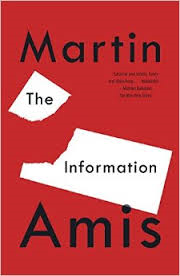
(by Martin Amis) (1995)
A glittering specimen of that great archetype, the literary revenger’s tale. Richard Tull toils in vain on his indifferent and overlooked novels – friend Gwyn Barry, at the same time, produces fraudulent, flatulent pulp and is venerated and enriched.
Tull decides to ignore the sage words of Richard Nixon when he resigned in disgrace and despair: “others may hate you, but those who hate you don’t win unless you hate them, and then you destroy yourself.”
Amis scores a direct hit here: As his fraud’s best-seller sequel, Amelior Regained, is ‘barbarically plain’, this literary revenger’s tale is barbarically funny.
Continue Reading →I Like You

(by Amy Sedaris)
Indubitably the creepiest, funniest book on hospitality ever written.
Continue Reading →
I Know Where I’m Going!
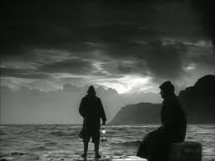
(dir. Powell & Pressburger) (1945)
A fey Scottish romance even the chaps will enjoy.
Joan Webster needs to get on the boat to the island of Kiloran, in the Scottish Hebrides, in order to marry her much older former employer, Sir Robert Bellinger.. Bad weather foils her, but during the wait, she befriends a young naval officer home from leave. He wants to get to Kiloran as well…
Rich performances abound, with Wendy Hiller and Roger Livesey entirely perfect as the two stranded travellers. Hiller, in particular, totally convinces, as a haughty lass who dissolves in the face of the unstoppable force of love. “Fine doings indeed! That girl is so foolish, she is a woman already.”
Continue Reading →A House for Mr Biswas

(by V. S. Naipaul)
With Transparent Things, the best nihilist comedy ever: a long, lovely, sad, frustrating look at defiant failure Mohun Biswas. Full of ‘amazing scenes’ and family strife in Trinidad. When Biswas daubs brightly coloured spots of zinc cream on his face and goes out onto the footpath to watch the world go by, it is hard not to laugh till you cry.
The notoriously scratchy Mr Naipaul has produced an impressive oeuvre down the years, but this is certainly his best book. He has written that it is the one closest to him.
Continue Reading →
